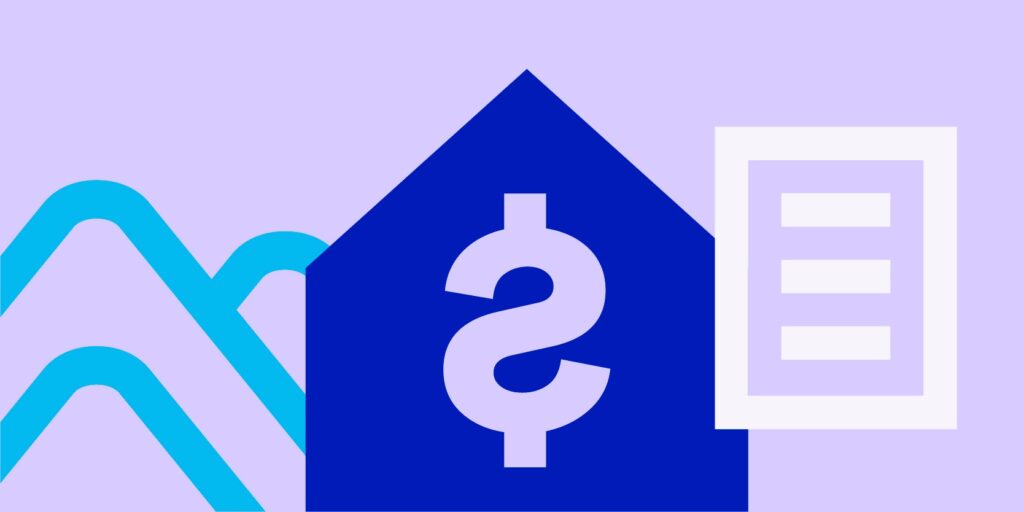
Home Appraisals and Mortgage Financing: What You Need to Know
When it comes to purchasing a home and securing a mortgage, home appraisals play a crucial role in the financing process. A home appraisal is an unbiased assessment of a property’s value conducted by a professional appraiser. The appraisal report provides important information that lenders use to determine the amount of financing they are willing to provide. In this article, we will explore the significance of home appraisals in mortgage financing and discuss the key points you need to know.
What is a Home Appraisal?
A home appraisal is an independent evaluation of a property’s value based on various factors such as its location, size, condition, and comparable sales in the area. The appraiser assesses the property’s physical characteristics, examines recent sales data, and considers market trends to determine an accurate valuation. The appraisal report provides an unbiased estimate of the property’s worth, helping lenders assess the risk associated with the mortgage loan.

Importance of Home Appraisals in Mortgage Financing: Home appraisals are crucial in mortgage financing for several reasons:
a. Loan-to-Value Ratio (LTV): Lenders use the appraised value of a property to calculate the loan-to-value ratio (LTV), which is the loan amount as a percentage of the property’s appraised value. The LTV ratio helps lenders determine the level of risk associated with the loan. Typically, lenders prefer a lower LTV ratio, as it indicates a smaller loan amount relative to the property’s value, reducing the lender’s risk.
b. Collateral for the Loan: The property being purchased acts as collateral for the mortgage loan. Lenders want to ensure that the collateral’s value is sufficient to cover the loan amount in case of default. The appraisal helps determine the property’s fair market value, allowing lenders to establish an appropriate loan amount.
c. Compliance with Lending Regulations: Home appraisals are often required by lending regulations to ensure fair lending practices and prevent inflated property valuations. Following the housing market crash in 2008, stricter appraisal guidelines were implemented to ensure that lenders base their lending decisions on accurate property valuations.
The Appraisal Process: The appraisal process typically involves the following steps:
- a. Selection of an Appraiser: Lenders typically have a list of approved appraisers or engage the services of a professional appraisal management company. Appraisers must be licensed or certified and have expertise in evaluating properties in the local market.
- b. Property Inspection: The appraiser visits the property and assesses its condition, size, layout, and other relevant features. They may take measurements, photographs, and notes to support their valuation.
- c. Comparable Sales Analysis: The appraiser researches recent sales of similar properties in the area, known as comparable sales or comps. They analyze the sales data to determine how the subject property compares in terms of size, condition, location, and other relevant factors.
- d. Valuation and Appraisal Report: Based on the property inspection and comparable sales analysis, the appraiser determines the property’s value. They compile their findings in a detailed appraisal report, which includes information about the property, comparable sales, and the appraiser’s final valuation. Like the article? Read also Exploring mortgage options for first-time homebuyers.
Impact on Mortgage Financing: The results of the home appraisal can have several implications for mortgage financing:
- a. Loan Approval: If the appraised value of the property is equal to or higher than the agreed-upon purchase price, the lender is more likely to approve the loan. However, if the appraised value is lower than the purchase price, it can create challenges in securing the desired mortgage amount. In such cases, buyers may need to renegotiate the purchase price, increase their down payment, or explore other financing options.
- b. Private Mortgage Insurance (PMI): If the down payment is less than 20% of the appraised value, lenders may require borrowers to obtain private mortgage insurance. PMI protects the lender in case of default and is an additional cost for the borrower.
- c. Refinancing: Homeowners seeking to refinance their existing mortgage may also need to go through the appraisal process. The appraised value of the property will determine the loan-to-value ratio for the new loan, which can affect the interest rate, terms, and eligibility for refinancing.

Understanding Appraisal Value and Disputes: Appraisal value is not necessarily the same as the market value or the purchase price. Market value represents what a buyer is willing to pay for a property, while the appraisal value is an objective assessment by a professional appraiser. Discrepancies between appraisal value and market value can occur due to various factors, such as changes in the market or differences in the appraiser’s interpretation. In case of a significant discrepancy, buyers or sellers may request a review or challenge the appraisal through an appraisal dispute process.
It’s important to note that home appraisals are subject to local regulations and practices, which can vary. It is advisable to consult with real estate professionals, lenders, and appraisers to understand the specific requirements and processes in your area.
For more information on home appraisals and mortgage financing, you can visit the following websites:
- Wikipedia – Real Estate Appraisal: Link to Wikipedia’s
These websites provide comprehensive information on home appraisals, real estate valuation methods, and guidelines for borrowers in Canada.

